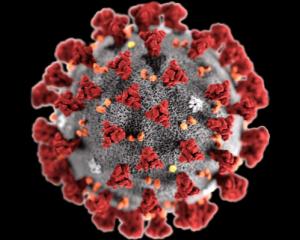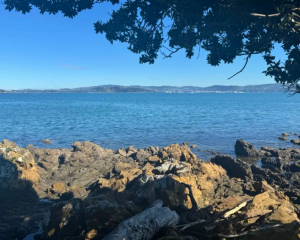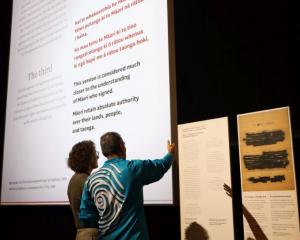The International Court of Justice (ICJ) overnight found Japan's Southern Ocean whale hunt is illegal under international law.
Delivering its judgment on Australia's case against Japan, which saw evidence presented during a three-week hearing last year, the court found Japan's whaling programme in the Antarctic failed to meet the conditions for scientific whaling under regulations set by the International Whaling Commission (IWC), the body charged with the conservation of whales and the regulation of whaling.
It was ruled that no further permits for scientific whaling should be issued under Japan's scientific whaling programme.
In a 12-4 majority judgment, the UN court sided with Australia, finding that Japan's program fell short of following scientific methods, the Associated Press reported.
"The court concludes that the special permits granted by Japan for the killing, taking, and treating of whales ... are not 'for purposes of scientific research'," presiding judge Peter Tomka said.
Attorney-General Chris Finlayson gave evidence on behalf of New Zealand during the court case in the Hague July last year.
He told the court that Japan was wrongly interpreting article eight of the whaling convention, which deals with scientific permit whaling.
"Under Japan's interpretation ... the convention is solely a vehicle for the optimum utilisation of whales through commercial whaling - nothing more than an industry cartel," he said.
Mr McCully said today that the court had ordered Japan to cease whaling under one program but he warned it could try to put together a new programme that would meet some of the tests the court had outlined.
"We hope that won't happen and in the short term it won't because this is going to take a bit of working through," Mr McCully told National Radio.
"This judgement ... is very firm and very clear but it still does leave Japan with a decision to make after they've digested this, which is to look at whether they try to devise a new programme that is scientifically based that embark upon whaling in the Southern Ocean again. Our task is to make sure that we carry out a diplomatic conversation that dissuades them from embarking on that course."
The International Fund for Animal Welfare (IFAW) described the decision as a major victory for whale conservation and international law.
IFAW's global whale programme director Patrick Ramage said it meant whales in the Southern Ocean Sanctuary would be fully protected from commercial slaughter conducted under the guise of science.
"We respectfully urge Japan, Iceland and Norway, the last three countries still killing whales for commercial purposes, to accept that whaling has no place in the 21st century and to act in compliance with the judicial precedent set by the court today."
Sea Shepherd Australia chairman Bob Brown said the finding vindicated "a decade of courageous actions by Captain Paul Watson and his crews".
"All across Australia people will be celebrating this win due to Sea Shepherd and their huge public support for protecting whales in this country that led to the Australian Government to take this legal action."
Earthrace Conservation founder Pete Bethune, who was at the court for the original case said: "I am absolutely thrilled. Today will go down in history as a great day for whales, for conservation and for justice."
Prime Minister John Key told 3News that with 16 judges on the panel at the International Court of Justice, the decision was "very comprehensive".
"I think it's more comprehensive than probably even we had hoped it would be."











